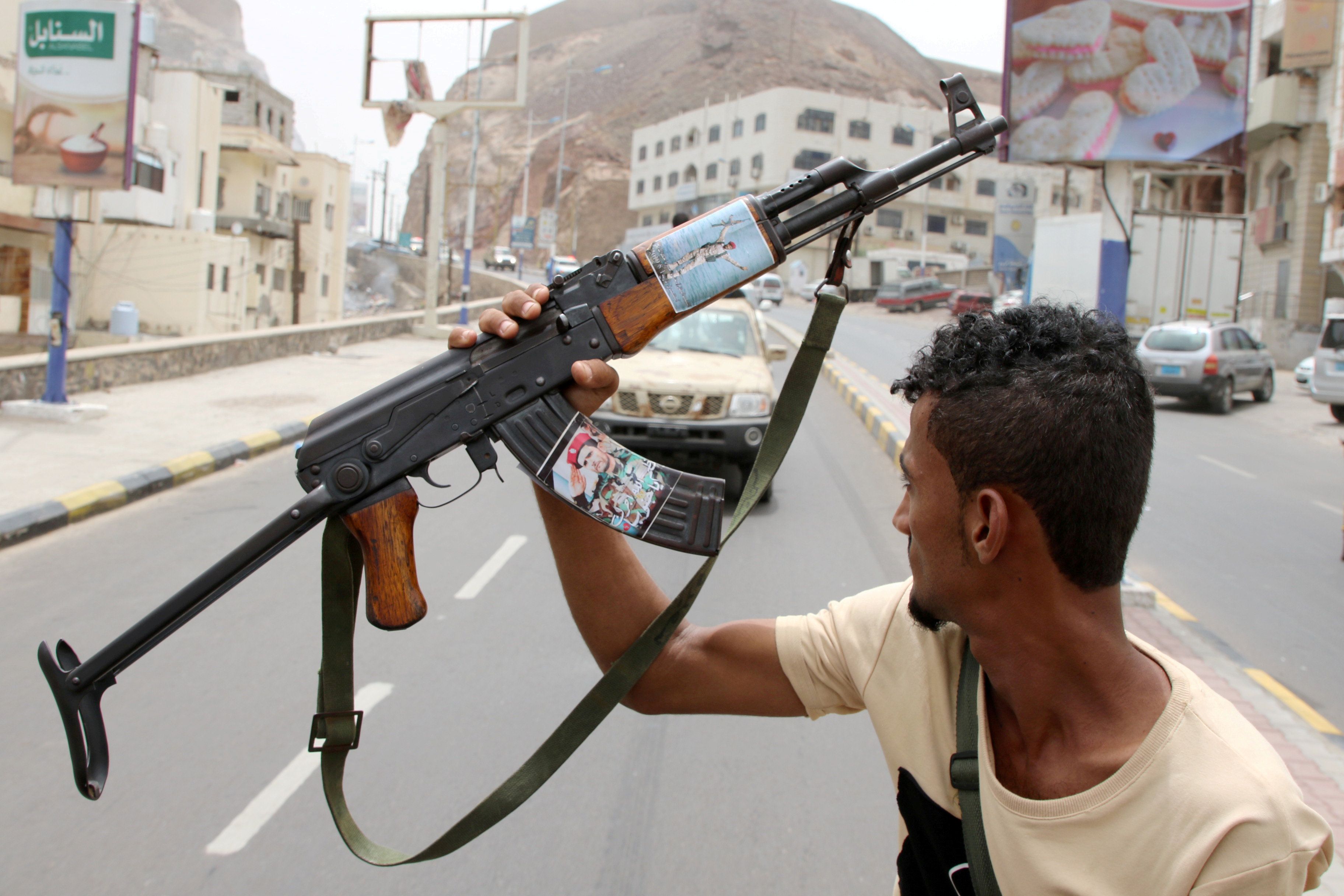August 12, 2019
A coalition cracking in Yemen - On Saturday, UAE-backed southern separatists took over the presidential palace in Aden, the country's second-largest city. On Sunday, they were bombed by a military coalition led by Saudi Arabia. The Saudis and Emiratis entered the Yemen fray together back in March 2015 to push back against the Iran-aligned Houthis and contain Tehran's expanding influence in the region. But the two countries quickly developed different long-term goals and cultivated very different allies on the ground. The Saudis support the internationally-recognized Yemeni government, while the Emiratis backed separatists that would like to see the country split in two. This weekend's fighting, just weeks after the UAE's drawdown from Yemen, is not the first standoff between Saudi-backed and UAE-backed forces in Yemen, but if it continues, it could be the most destructive. Not what you want to hear about a conflict that the UN has already christened the "world's worst humanitarian disaster."
An ominous explosion in Russia - Last week, an explosion at a missile test site off Russia's northern coast caused radiation in a nearby city to spike to 200 times normal levels. Seven people died in the blast, including five Russian nuclear scientists. Russia has changed the official story several times, but Western spooks think something went wrong while Moscow was testing a new nuclear-powered cruise missile. We're watching this for two reasons. First, because it's a glimpse of the dangers inherent in the new arms race that's developing between the US and Russia. Second, because the poor communication is not a great look for a government that's already under pressure from some of the biggest protests in Moscow in years.
What We're Ignoring:
China's new cryptocurrency - China is apparently "close" to launching its own cryptocurrency. Beijing has been looking into launching a digital renminbi for years, but appears to have intensified its efforts following Facebook's recent decision to back a new cryptocurrency project called Libra. Sounds interesting in theory. Beijing is worried that Libra could undermine its control over its financial system and its long-term effort to promote the renminbi as an alternative to the US dollar. But convincing 1.4 billion people to trade their cash for a digital substitute that authorities can easily track may be a tall order, even for China.
More For You
Walmart is investing $350 billion in US manufacturing. Over two-thirds of the products Walmart buys are made, grown, or assembled in America, like healthy dried fruit from The Ugly Co. The sustainable fruit is sourced directly from fourth-generation farmers in Farmersville, California, and delivered to your neighborhood Walmart shelves. Discover how Walmart's investment is supporting communities and fueling jobs across the nation.
Most Popular
- YouTube
President Trump’s second term has rapidly reshaped global politics, with the US wielding power more aggressively, targeting weaker countries and even allies, Stephen Walt explains on GZERO World.
- YouTube
Ian Bremmer breaks down a sudden and serious transatlantic crisis: President Trump’s insistence that the United States must have sovereignty over Greenland.
- YouTube
It’s been a year since President Trump returned to office. How has the world changed? Stephen Walt joins Ian Bremmer on GZERO World.
© 2025 GZERO Media. All Rights Reserved | A Eurasia Group media company.
